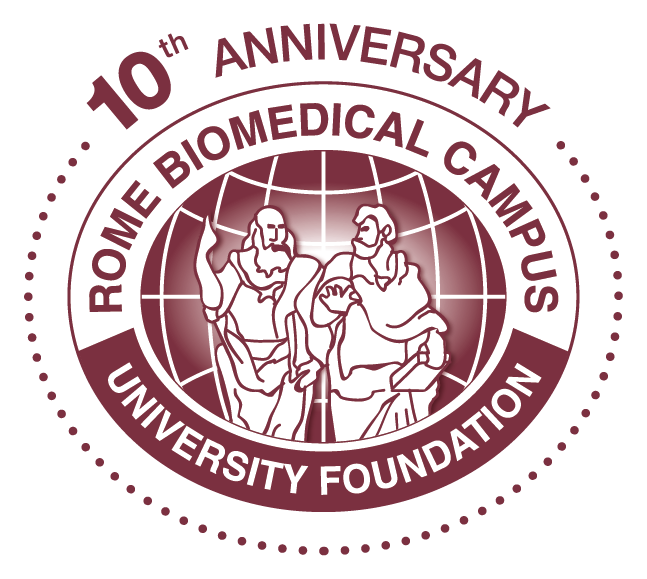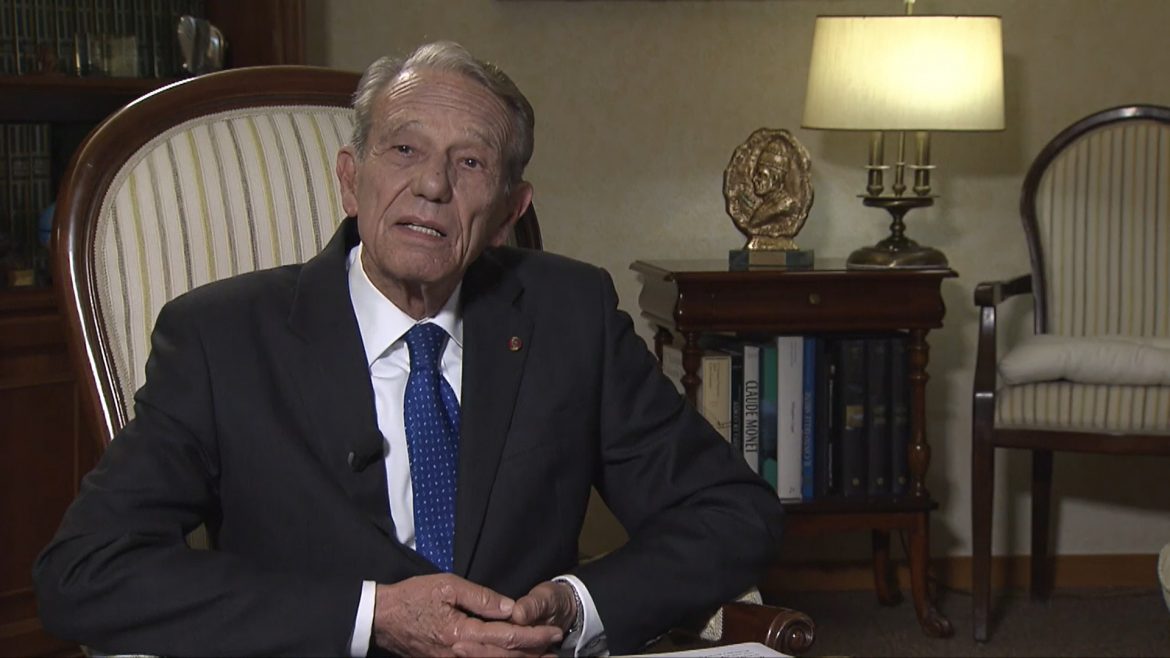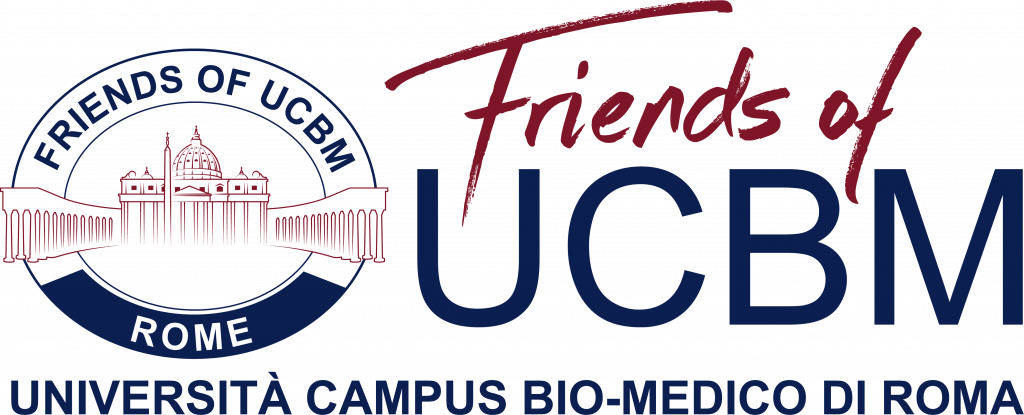To love someone by virtue of the person and not by virtue of the satisfaction, even moral, which this can bring back: this is the specific domain of benevolence. Leibniz defined it as delectatio in felicitate alterius, which we can translate as enjoying the happiness of another. But is it really possible to enjoy the happiness of others? Does not happiness consist in receiving, rather than in giving?
Benevolence is a specific characteristic of the human person and, like all specific characteristics, it can grow, it can increase, it can diminish, it can even disappear. No other being can be as benevolent as man. Benevolence always indicates a relationship with the other or with others. Precisely because of benevolence, I can overcome not only hostility, but even indifference towards others. Thus the objective good that I have caused by my actions can become the center of my happiness. Benevolence is always voluntary. It cannot be imposed. It can never be imposed by anyone or by any reason, not even by justice. The relationship with others cannot be built only with reasons of justice, that is, as a complex of duties and rights. Summum ius, summa iniuria.
Justice is obviously indispensable in the relationship with others, but it alone, without benevolence, remains unfinished, unrealized.
Every act of benevolence is above all a gift, not so much for those who receive but for those who give and the reason for giving comes from compassion, sharing, and sharing in the lives of others. What benefit do I gain when I give myself and give it to others?
A single benefit, but one that is worth a lot: self-realization as a person; that is, the development of that potential that is specific to the human person. This key concept determines the vision that justifies the life of the Biomedical University Foundation, its birth and its future development: helping to create, in the minds and attitudes of as many people as possible a culture of benevolence and the gift of feeling responsible and actively participating in the improvement of society.
Joaquín Navarro-Valls
Rome, 25 February 2017
To love someone by virtue of the person and not by virtue of the satisfaction, even moral, which this can bring back: this is the specific domain of benevolence. Leibniz defined it as delectatio in felicitate alterius, which we can translate as enjoying the happiness of another. But is it really possible to enjoy the happiness of others? Does not happiness consist in receiving, rather than in giving?
Benevolence is a specific characteristic of the human person and, like all specific characteristics, it can grow, it can increase, it can diminish, it can even disappear. No other being can be as benevolent as man. Benevolence always indicates a relationship with the other or with others. Precisely because of benevolence, I can overcome not only hostility, but even indifference towards others. Thus the objective good that I have caused by my actions can become the center of my happiness. Benevolence is always voluntary. It cannot be imposed. It can never be imposed by anyone or by any reason, not even by justice. The relationship with others cannot be built only with reasons of justice, that is, as a complex of duties and rights. Summum ius, summa iniuria.
Justice is obviously indispensable in the relationship with others, but it alone, without benevolence, remains unfinished, unrealized.
Every act of benevolence is above all a gift, not so much for those who receive but for those who give and the reason for giving comes from compassion, sharing, and sharing in the lives of others. What benefit do I gain when I give myself and give it to others?
A single benefit, but one that is worth a lot: self-realization as a person; that is, the development of that potential that is specific to the human person. This key concept determines the vision that justifies the life of the Biomedical University Foundation, its birth and its future development: helping to create, in the minds and attitudes of as many people as possible a culture of benevolence and the gift of feeling responsible and actively participating in the improvement of society.
Joaquín Navarro-Valls
President of the Board of Guarantors of the Biomedical University Foundation
Rome, 25 February 2017





